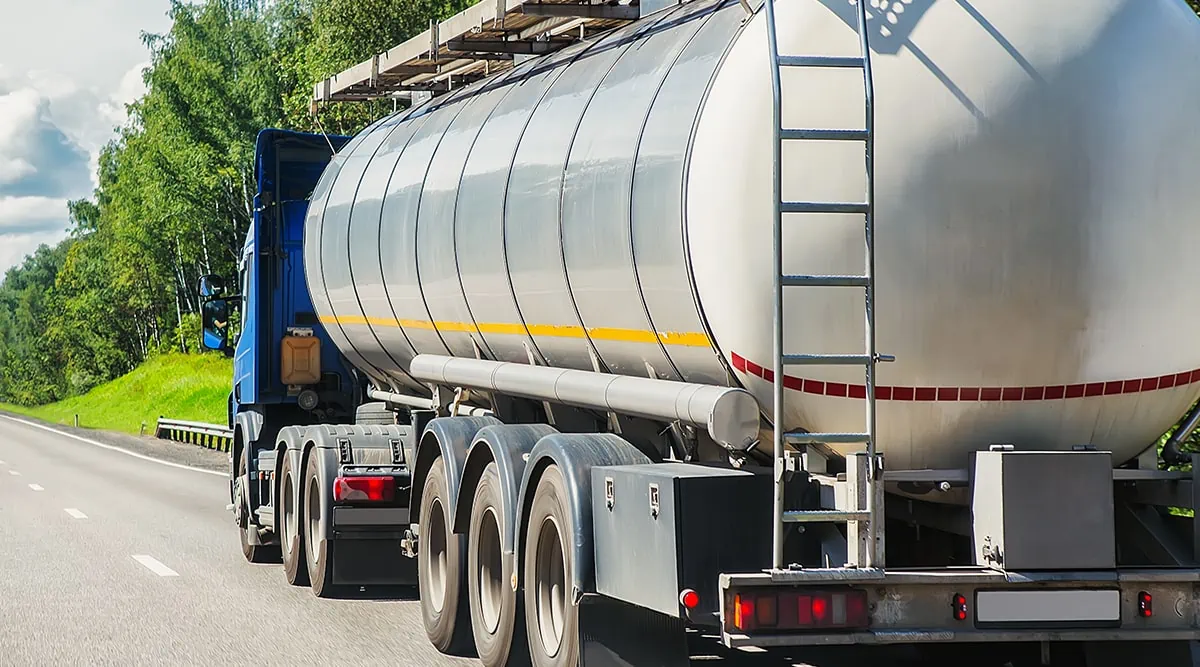About Reclaim Waste
About Reclaim Waste
Blog Article
Reclaim Waste - The Facts
Table of ContentsThe smart Trick of Reclaim Waste That Nobody is Talking AboutFascination About Reclaim WasteThe 9-Second Trick For Reclaim WasteLittle Known Facts About Reclaim Waste.What Does Reclaim Waste Mean?
Explore the kinds, occurrences, and types of fluid waste. Residential sewage waste refers to the waste and products from a residential sewage-disposal tank. This sort of waste is produced by humans in houses, schools, and various other structures. This only includes sewage-disposal tanks that have a drain area. The correct monitoring and disposal of residential sewage waste call for liquid waste to be transferred to a sewer treatment plant where the proper methods and equipment are related to purify and dispose of waste.
Business waste usually includes potential hazards, such as combustible products or a mix of fluid and solid waste items, and needs an extra innovative and in-depth disposal process. The disposal of business waste usually entails the purification of waste prior to transportation to guarantee secure and proper disposal. Industrial waste is developed from byproducts and runoff of commercial processes and production.
This kind of waste can not utilize the same sewage administration transport or procedures as septic or business fluids. The hazardous waste administration procedure needs the inspection and testing of liquid waste before it undertakes the disposal procedure (industrial wastewater treatment). Overflow waste is the fluid waste that originates from runoff and excess stormwater in extremely inhabited areas or cities
Runoff waste can cause contamination and flooding otherwise taken care of appropriately. Discover more about sewer cleaning and waste administration. Making certain proper waste administration can stop catastrophes and reduce environmental damage. Both people in household settings and specialists in industrial or production industries can benefit from comprehending the processes and policies of fluid waste monitoring.
Unknown Facts About Reclaim Waste
Get in touch with PROS Providers today to learn more about our waste monitoring and disposal services and the correct methods to care for the fluid waste you create.
(https://www.openstreetmap.org/user/reclaimwaste1)Do you know what occurs to your water when you pull the plug, flush the bathroom or drain pipes the cleaning machine? No? Well, it deserves knowing. This so-called 'wastewater' is not just an essential source yet, after therapy, will be released to our land, waterways or the sea. Made use of water from commodes, showers, baths, kitchen sinks, washings and commercial processes is known as wastewater.

water utilized to cool down equipment or tidy plant and equipment). Stormwater, a form of wastewater, is runoff that flows from farming and metropolitan locations such as roof coverings, parks, gardens, roads, courses and rain gutters into stormwater drains pipes, after rainfall. Stormwater flows untreated straight to regional creeks or rivers, eventually reaching the ocean.
Reclaim Waste Fundamentals Explained
In Queensland, most wastewater is dealt with at sewer therapy plants. Wastewater is transported from residential or industrial websites through a system of sewage systems and pump terminals, understood as sewerage reticulation, to a sewage treatment plant. Local governments build, maintain and run most sewer therapy plants. Operators are certified under the Environmental Management Act 1994 to release you could try this out cured wastewater at an appropriate ecological criterion right into rivers.
The Division of Natural Resources recommends city governments concerning managing, operating and keeping sewage systems and therapy plants. In unsewered locations, regional federal governments might require homeowners to mount private or home sewage therapy systems to treat domestic wastewater from bathrooms, kitchens, restrooms and laundries. The Division of Natural Resources authorizes using family systems when they are confirmed to be reliable.
The majority of stormwater obtains no therapy. In some new subdivisions, treatment of some stormwater to remove litter, sand and crushed rock has actually started making use of gross contaminant traps. Wastewater treatment takes place in 4 stages: Eliminates strong matter. Bigger solids, such as plastics and other objects incorrectly released to sewers, are gotten rid of when wastewater is travelled through displays.
Uses little living microorganisms recognizes as micro-organisms to damage down and get rid of continuing to be dissolved wastes and great fragments. Micro-organisms and wastes are included in the sludge.
The Reclaim Waste Statements
Nutrient removal is not offered at all sewer therapy plants because it calls for expensive specialist equipment. Clear liquid effluent produced after treatment might still contain disease-causing micro-organisms - liquid waste disposal melbourne.

This generally implies wastewater needs to be treated or pollutants eliminated prior to it can be discharged to waterways. Many wastewater streams into the sewerage system. Under the Act, neighborhood governments administer authorizations and licences for ecologically relevant activities (Periods) involving wastewater releases that could have a local effect. The department administers authorizations and permits to Ages entailing wastewater launches that might have a regional or statewide effect.
Reclaim Waste Things To Know Before You Buy
Otherwise, examples are taken for lab evaluation. Frequently numerous tests are needed to establish the levels of each of the different contaminants such as oils, hefty steels and chemicals in water. Tracking offers accurate information about water high quality and can validate that permit conditions are being fulfilled. The details acquired with surveillance gives the basis for making water top quality decisions.
Report this page